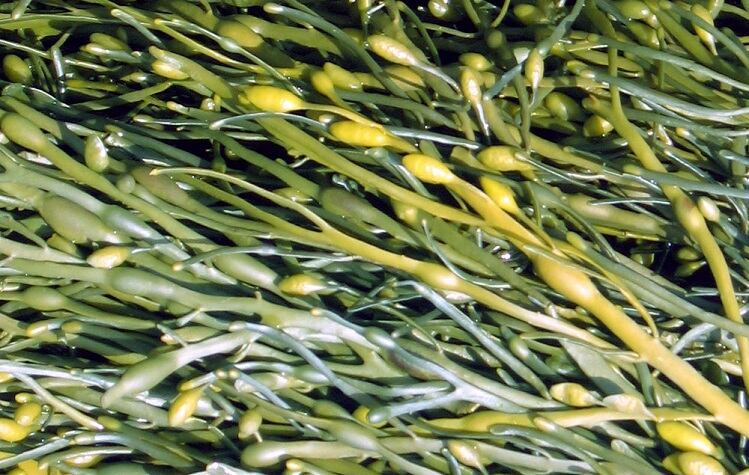Researchers from the University of Pavia and the University of Bologna recently published the results of a six-month trial that explored the efficacy of Gdue, a dietary supplement by Italian company Aesulapius Farmaceutici which contains the proprietary ingredient InSea2 by Canadian firm innoVactiv.
The ingredient, which went through the self-affirmed GRAS process in 2017, contains polyphenols extracted from the algae Ascophyllum nodosum and Fucus vesiculosus, as well as chromium picolinate.
“We can conclude that the administration of nutraceutical containing [this] polyphenolic composition…can be helpful, in addition to a correct lifestyle, in improving insulin sensitivity and glycemic status,” the authors wrote in the journal Phytotherapy Research, which published the study earlier this month.
These latest results revealed a correlation between supplementation with an improvement in blood glucose, as well as regression from impaired fasting glucose to normal glucose tolerance. Normalization of glycemic status occurred to 18.2% of study participants in the nutraceutical group compared to 0% in the placebo group.
“While all treated and placebo subjects followed the same strict diet and exercise regimen, researchers noticed a clear degradation of the glycemic condition in the placebo group,” said Jocelyn Bérubé, EVP of science and regulatory affairs for innoVactiv.
Additionally, he added, these latest results show the benefit of taking a supplement containing InSea2 daily over a longer period of time, whereas previous studies on the active have only explored its immediate effects.
In sum, around two-thirds of all participants showed an improvement in their glycemic status. The specifics of these improvements varied by individual, Bérubé explained.
"At the end of study, we had six patients [out of 33] overall that improved their glycemic status to a normoglycemic state," compared to zero in the placebo group, he said. "Also, there were three subjects that improved from Impaired Glucose Tolerance status to Impaired Fasting Glucose from zero to three months, and than 13 more from three to six months for a total of 16 improvements. In total, we thus had 22 subjects improving their glycemic status out of 33."
The study’s authors, however, noted that one limitation of the study is that researchers did not verify if the effects recorded were maintained even after the study end. In addition, the sample size was relatively homogenous and small, and the duration relatively short.
Nevertheless, Bérubé added: “We are thrilled about these new results, as they demonstrate the dramatic impact the use of InSea2 can have when taken on a daily basis.”
Study details
Researchers conducted the randomized, placebo-controlled blinded study at the Department of Internal Medicine and Therapeutics at the University of Pavia, Italy.
Sixty-two participants, both male and female aged 18 and above recruited from the area, completed the study. They were eligible to participate if they were generally healthy and had a fasting plasma glucose higher than 100 mg/dl but less than 126 mg/dl.
Exclusion criteria included liver or kidney impairments, diabetic patients, or individuals taking a prescribed drug that may potentially affect glucose metabolism.
Baseline measurements were collected, which included hip circumference, body weight, body mass index, fasting plasma glucose, glycated hemoglobin, medical history, and many other markers glycemic status and endothelial health.
Participants were randomly assigned either the Gdue supplement or a similar looking placebo. Measurements were collected again after three and six months into the supplement intervention.
Source: Phytotherapy Research
Published online ahead of print, DOI: 10.1002/ptr.6272
“Ascophyllum nodosum and Fucus vesiculosus on glycemic status and on endothelial damage markers in dysglicemic patients”
Authors: Giuseppe Derosa




